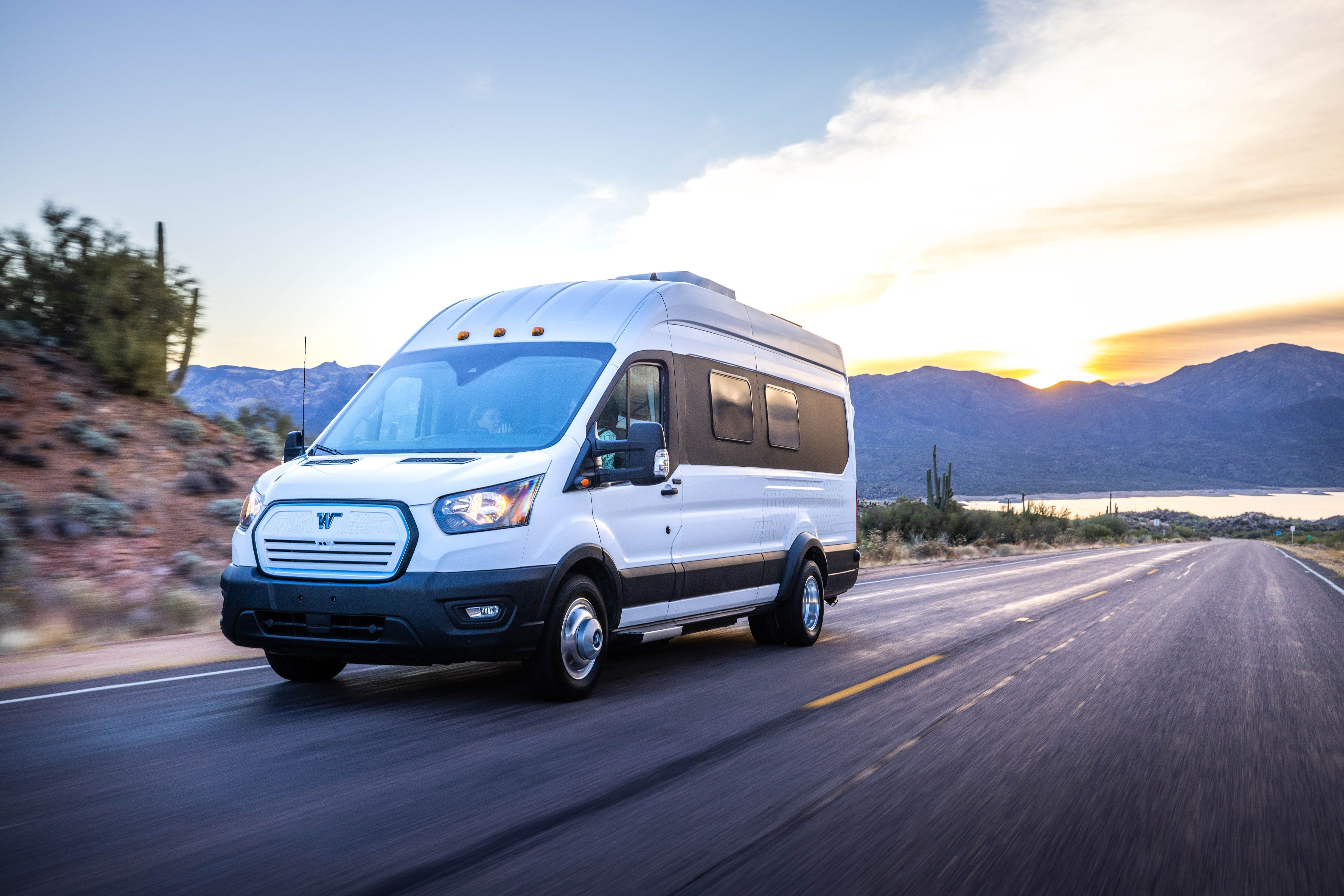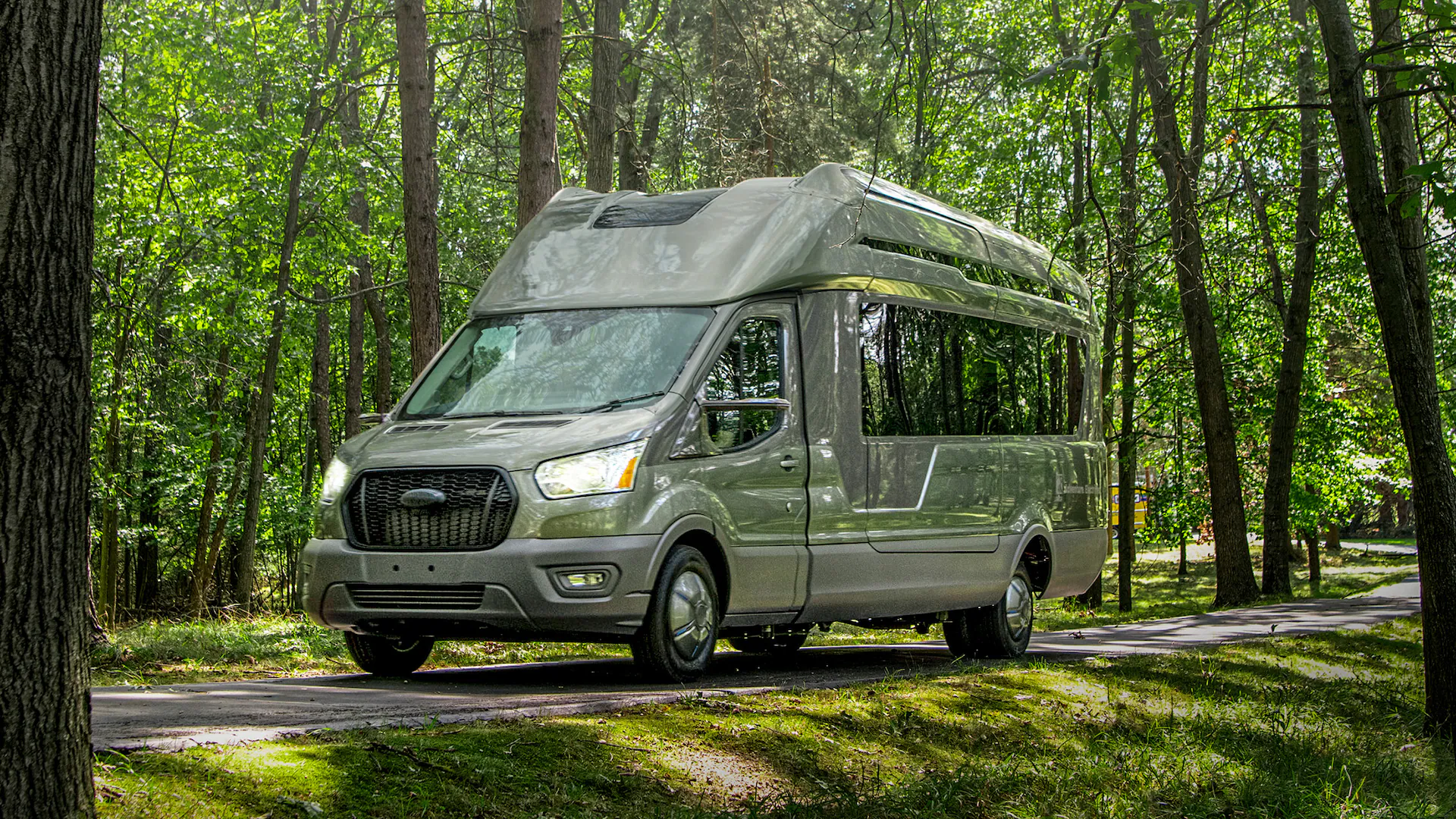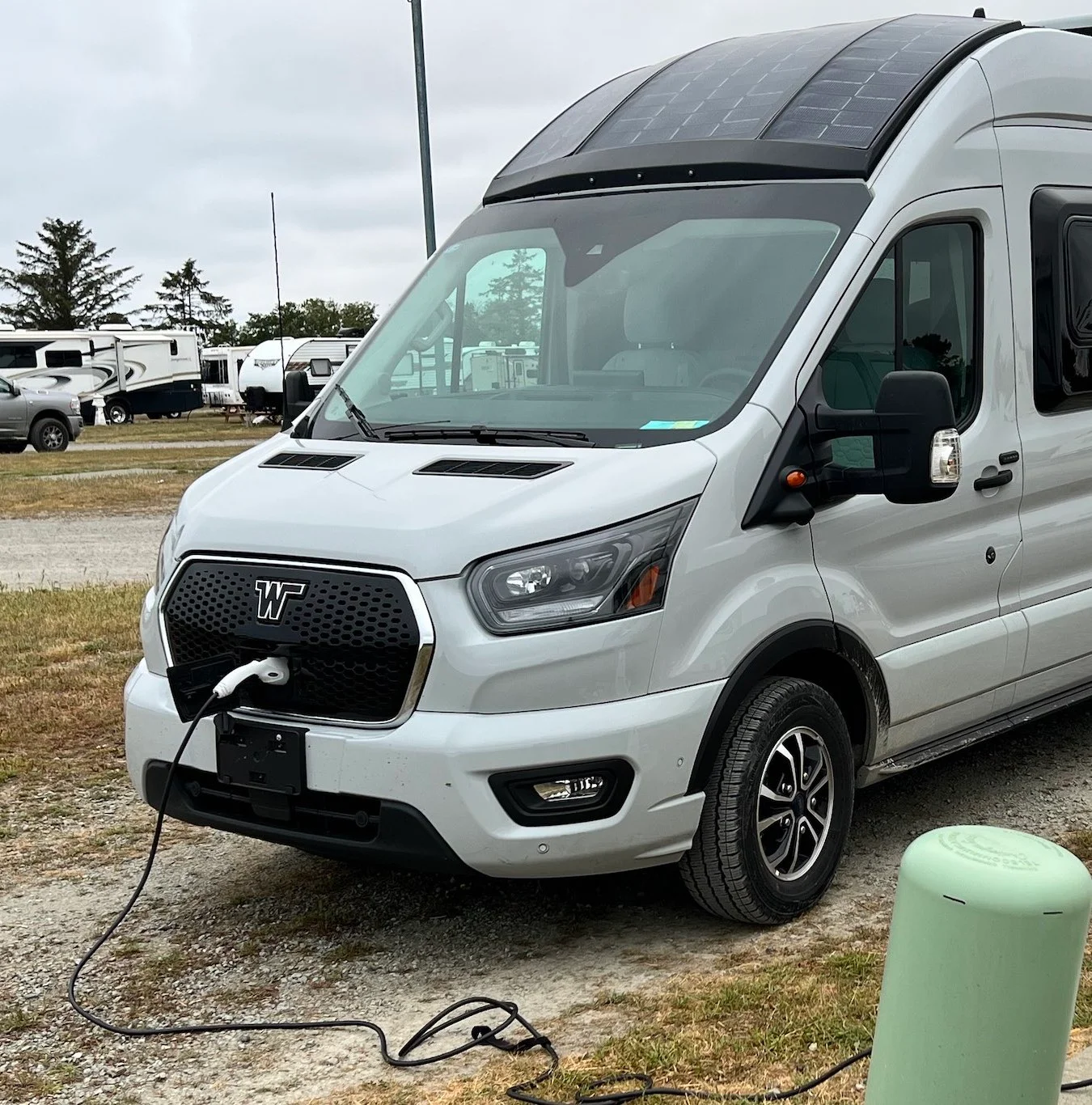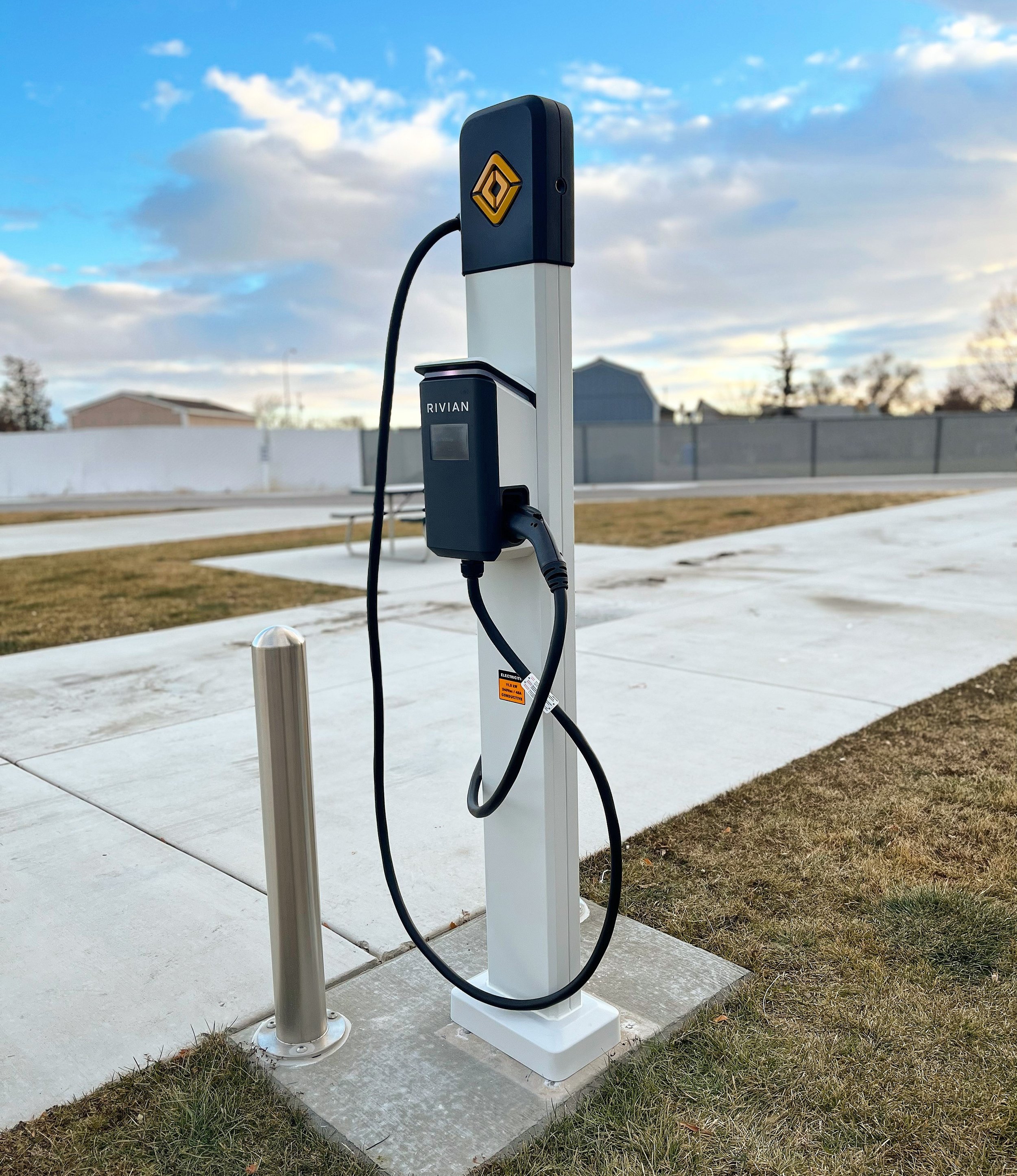As the world shifts toward sustainability, electric vehicles (EVs) are no longer confined to small cars or sedans. The RV (Recreational Vehicle) industry, traditionally dominated by fuel-powered giants, is now embracing the electric revolution. Electric RVs (eRVs) represent a fusion of adventure and eco-consciousness, bringing new possibilities to road-tripping while lowering our carbon footprint. If you’re a nature lover or a travel enthusiast interested in the future of sustainable travel, electric RVs could be the next exciting step in your journey.
Why Go Electric?
The environmental impact of traditional RVs can be significant, given their reliance on diesel or gas, which contributes to carbon emissions and air pollution. Electric RVs aim to reduce that environmental footprint while still offering the freedom of the open road. As electric vehicle technology advances, eRVs can provide not only cleaner travel but also quieter and more efficient operations, making them a game-changer for both travelers and the planet.
The Current Landscape: Early Pioneers of Electric RVs
Electric RVs are still in their infancy, but several companies are leading the charge with innovative designs. Below are some noteworthy players in the growing electric RV market:

Winnebago e-RV
One of the most recognized names in the RV industry, Winnebago has embraced electrification with its concept e-RV. First revealed at the Florida RV SuperShow in 2022, this fully electric motorhome runs on an 86 kWh battery, offering a range of about 125 miles on a single charge. While its range may seem limited compared to some electric cars, it’s a solid start for short trips and weekend getaways.
Winnebago's e-RV is equipped with solar panels for supplemental power and is designed with sustainability in mind, using eco-friendly materials for the interior. While still in the prototype phase, this eRV hints at the potential for future models to offer longer ranges and more advanced features.

Thor Vision Vehicle
Thor Industries, another RV giant, is also venturing into the electric market. Its Vision Vehicle concept is designed to offer a range of up to 300 miles, thanks to a hybrid system that combines a battery-powered electric drivetrain with a fuel cell for extended range. This concept taps into Thor’s expertise in RV manufacturing and incorporates cutting-edge electric vehicle technology to create a practical and long-range solution for RV enthusiasts.
Thor's focus on innovative features, such as solar integration and energy-efficient appliances, ensures that the Vision Vehicle can meet the demands of a modern traveler who seeks off-grid adventures without relying on fossil fuels.
Benefits of Electric RVs
Eco-Friendly Travel
Electric RVs dramatically reduce carbon emissions compared to traditional gas or diesel-powered models. With advancements in battery efficiency and solar power integration, eRVs offer a cleaner way to explore nature while preserving the beauty of our natural landscapes.
Lower Operating Costs
Though the upfront cost of electric RVs may be higher than traditional ones, they promise long-term savings through reduced fuel costs. Electricity is generally cheaper than gas or diesel, and as charging infrastructure improves across highways and national parks, powering up an electric RV will become increasingly convenient.
Quiet and Comfortable Ride
The quietness of electric motors compared to the noisy combustion engines of traditional RVs makes for a much more peaceful travel experience. You can enjoy the sounds of nature without the hum of a running generator, which adds another layer of tranquility to your adventures.
Potential for Solar Integration
Many electric RVs are designed to work in tandem with solar energy, making off-grid camping more accessible. With the ability to charge using solar panels, electric RVs allow you to take full advantage of renewable energy sources, creating a sustainable travel lifestyle.

Challenges to Overcome
While the future of electric RVs looks bright, there are still some hurdles to clear:
- Limited Range: The range of current electric RVs is a major limitation, especially for those who dream of long cross-country road trips. While 100-300 miles might be sufficient for shorter journeys, longer trips would require frequent charging stops, and charging stations for large vehicles aren't as prevalent as gas stations.
- Charging Infrastructure: The growth of electric vehicle charging stations is progressing, but there are still regions, particularly remote camping locations, where access to charging is limited. Companies are working on integrating more charging points at campgrounds and RV parks, but it will take time for a robust network to fully support long-range RV travel.
- High Initial Costs: Like many early-stage technologies, electric RVs currently come with a hefty price tag. As more manufacturers enter the space and battery technology advances, prices should come down over time, making eRVs more accessible to a wider audience.
The Road Ahead: What to Expect
The electric RV industry is still in its early stages, but the future looks promising. Advances in battery technology, the expansion of charging infrastructure, and the push for sustainability are driving this trend forward. As more consumers demand eco-friendly travel options, electric RVs will likely become more common on highways and in campgrounds.
Is an Electric RV Right for You?
If you are committed to reducing your environmental impact, and you prefer shorter, more frequent road trips, an electric RV could be a great investment. With manufacturers continuously improving range and charging infrastructure, the appeal of electric RVs is growing, particularly for those who value sustainability and modern innovation.
For now, electric RVs may not be the best choice for long-distance travelers or full-time RVers who need the range and convenience of traditional fuel-powered RVs. However, as technology evolves and these limitations diminish, the rise of the eRV may signal a new era in recreational travel—one that’s both adventurous and eco-conscious.

Conclusion: A Greener Tomorrow
The rise of electric RVs represents a significant shift in how we think about road travel. While challenges remain, the potential benefits for both the environment and RV enthusiasts are too great to ignore. Whether you're an early adopter or just starting to explore sustainable travel options, the electric RV market is one to watch in the coming years. As we look ahead, the road to greener, cleaner, and more exciting adventures is just beginning to unfold.
So pack your bags, charge up your RV, and get ready to explore the world in a whole new way—powered by electricity!


